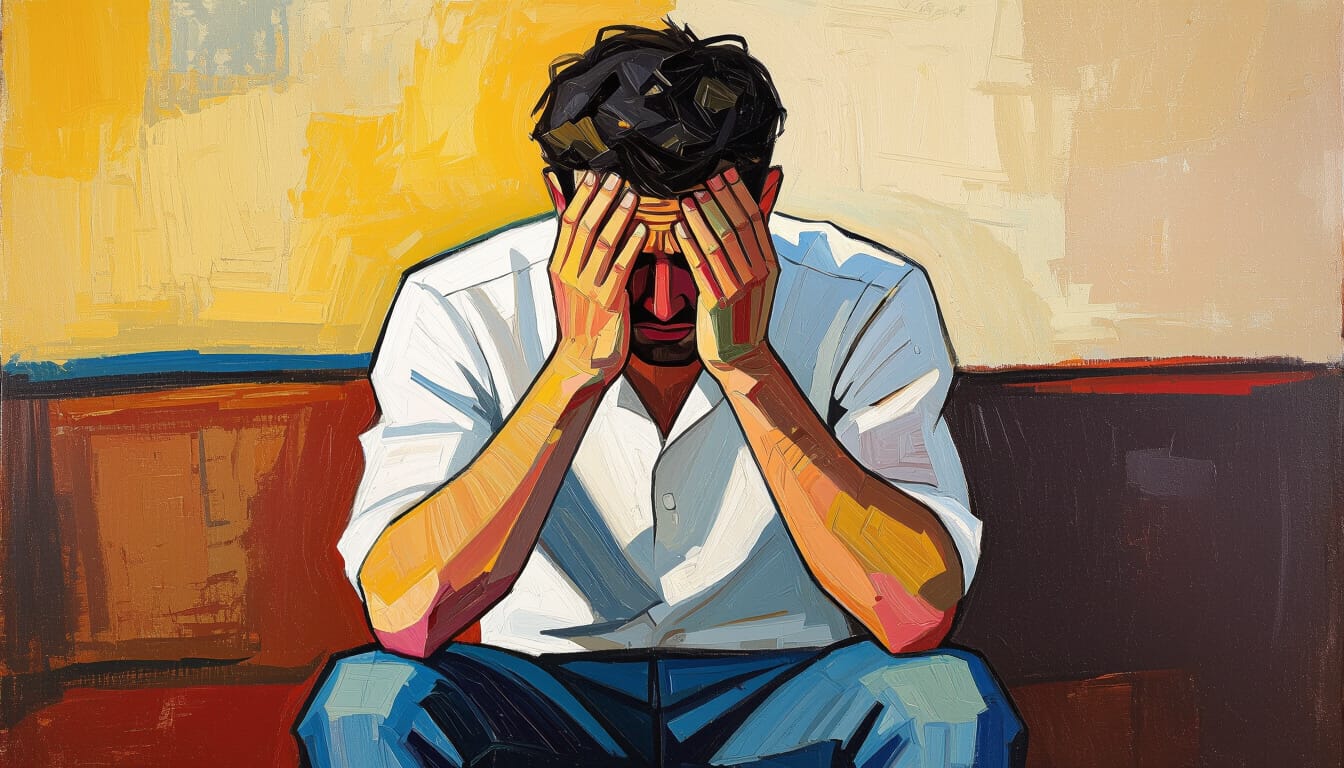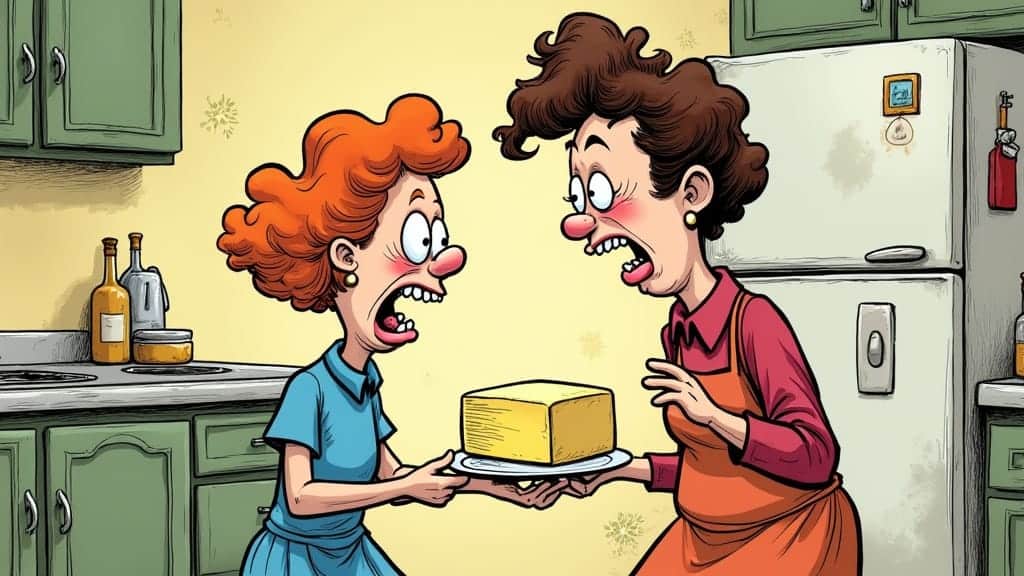Jax Taylor Reflects on Bipolar Disorder Treatment and Its Profound Impact on His Life and Marriage
In a candid and deeply personal revelation, reality television personality Jax Taylor has shared his conviction that receiving treatment for his recently diagnosed bipolar disorder earlier in life could have fundamentally altered the course of his marriage and numerous friendships. The 45-year-old star of Bravo’s Vanderpump Rules and The Valley opened up about his journey on the April 24, 2025, episode of his podcast, In the Mind of Jax Taylor, where he spoke with Dr. Drew.
His estranged wife, Brittany Cartwright, filed for divorce in August 2024, a development that came six months after they publicly announced their separation, and their divorce has not yet been finalized. Taylor’s reflections underscore a poignant sense of regret, paired with a newfound gratitude for the help he has finally sought, believing it has literally changed his life. This public disclosure not only sheds light on his personal struggles with mental health but also highlights a broader societal shift in how men, particularly, are beginning to address their emotional and psychological well-being.
The Journey to Diagnosis and Treatment: A Turning Point
For decades, Jax Taylor navigated his life without the understanding or tools to manage the underlying conditions that profoundly impacted his behavior and relationships. It was only in September 2024 that Taylor publicly disclosed his diagnosis of Bipolar Disorder and PTSD, revealing this significant personal news via an Instagram post. This diagnosis, he explained, came after “many years of knowing something was wrong but not knowing exactly what it was”. The clarity provided by the diagnosis marked a critical turning point in his life. He admitted that a little over a month before revealing his diagnosis, he took a monumental step: checking into an intensive inpatient treatment facility. This decision, he confessed, was born out of fear of the unknown and what he might uncover about himself.
His experience at the facility was evidently transformative. Taylor expressed immense relief and a sense of surrender, describing it as the first time in his 45 years that he had to actively ask for help because he “just couldn’t do it anymore”. The weight he had been carrying became unbearable, leading him to a point of profound self-realization and acceptance of his need for professional intervention. A crucial component of his ongoing treatment has been medication.
Taylor revealed that he is currently taking Lamotrigine (Lamictal), a mood stabilizer that, according to the National Alliance on Mental Illness (NAMI), works by affecting specific areas of the brain to help regulate mood. His experience with Lamotrigine has been overwhelmingly positive. He stated, “I’m on it, and I absolutely love it,” and emphasized his unwavering commitment to his regimen, noting, “I never miss a day, and it’s literally changed my life”.
This commitment to consistent treatment signifies a profound shift in his approach to his mental health, contrasting sharply with his earlier reluctance to seek assistance. In March 2025, further deepening his revelations about his struggles, Taylor also shared that he had battled addiction and “substance issues,” indicating a multi-faceted challenge to his well-being that he is now confronting head-on. His proactive engagement with treatment for both his diagnosed disorders and past substance issues signifies a comprehensive effort to reclaim control over his life and embark on a path toward improved mental stability and overall health.
The Shadow Over His Marriage and Friendships
One of the most poignant aspects of Jax Taylor’s recent reflections is his profound regret that his current treatment for bipolar disorder wasn’t initiated sooner. He unequivocally stated on his podcast that seeking help earlier “probably would’ve saved my marriage”. This sentiment reveals the immense toll his undiagnosed and untreated conditions may have taken on his most significant personal relationship. Taylor married his Vanderpump Rules costar, Brittany Cartwright, in 2019.
Their journey as a couple, documented through reality television, has been publicly scrutinized, and the strains became increasingly evident over time. The eventual formalization of their separation occurred in August 2024 when Cartwright officially filed for divorce. This filing took place six months after they had initially announced their separation, indicating a period of profound difficulty leading to the legal dissolution of their union. As of his podcast discussion in April 2025, their divorce had not yet been finalized, leaving a sense of lingering uncertainty about the official end of their marital status.
Beyond the personal impact on his marriage, Taylor also lamented the effect of his untreated mental health on his wider social circle. He candidly admitted that earlier intervention “probably would’ve saved a lot of friendships” as well. This broader impact underscores the pervasive nature of untreated mental health conditions, which can lead to strained relationships, misunderstandings, and ultimate estrangement from those who are closest.
His current state of clarity and stability, afforded by his treatment, has allowed him to look back with a painful understanding of how different things might have been if he had addressed his bipolar disorder and PTSD years ago. The specific details of how his untreated conditions manifested to damage these relationships are not explicitly stated in the sources, but his strong conviction suggests a significant, negative influence on his interpersonal dynamics.
Generational Influences and Breaking the Cycle
A significant theme in Jax Taylor’s discussion of his mental health journey is the powerful influence of his upbringing and generational norms on his reluctance to seek help. He acknowledged his own stubbornness as a factor but quickly contextualized it within the broader societal expectations he internalized. Taylor explained that he “grew up in the eighties and the nineties where men really didn’t ask for help”.
This statement points to a pervasive cultural expectation during those decades that discouraged men from openly discussing emotional vulnerabilities or seeking professional psychological support. He was careful to clarify that he does not attribute blame to his immediate family members, stating, “it’s not my dad’s fault. You know, it’s not my grandfather’s fault”. Instead, he attributed this ingrained behavior to the very fabric of how they were taught to navigate emotions.
He described the prevailing sentiment as one where “we just didn’t talk about feelings. We didn’t talk about emotions”. The cultural norm was to “just shove it under the rug and deal with it”. This suppression of emotional experience and the avoidance of open dialogue created an environment where mental health issues could easily go unnoticed, undiagnosed, and untreated for prolonged periods, as was the case for Taylor himself. This ingrained pattern of emotional stoicism directly contributed to his delay in seeking the help he now realizes he desperately needed, leading to years of struggle and the ultimate breakdown of his marriage and friendships.
However, Taylor’s journey has led to a profound commitment to breaking this inherited cycle, especially now that he is a father to his 4-year-old son, Cruz. He emphasized that reaching this point in his life, with a child, has become a powerful motivator for change. His earnest desire is to prevent Cruz from experiencing the same struggles he endured due to emotional suppression. Taylor declared, “I don’t want my son to have to deal with what I dealt with. We’re sweeping on the rug”.
This statement highlights his determination to dismantle the legacy of emotional avoidance within his own family line. Instead, he aims to foster an environment of open communication and emotional safety for his son. He expressed his dedication to encouraging Cruz to vocalize his feelings, stating, “I want you to talk about what’s going on. Tell me what’s going on. There’s no — this is the trust room. Anything you say stays here”. This commitment to creating a “trust room” signifies a conscious and deliberate effort to teach his son the importance of emotional expression and to ensure that he grows up feeling safe and supported in discussing his feelings, a stark contrast to Taylor’s own upbringing.
Public Forum and Future Outlook
Jax Taylor has chosen public platforms to share his deeply personal journey, engaging in candid conversations on his podcast, In the Mind of Jax Taylor, where he discussed his diagnosis and treatment with Dr. Drew. Additionally, his experiences and the impact of his past behaviors have been visible to a wider audience through his appearance on The Valley. Taylor admitted that watching himself on the show evoked strong emotions, stating he “cried my eyes out” and felt “so disgusted” by what he saw. This public self-reflection likely provided further motivation for him to seek and embrace treatment, confronting the reality of his unaddressed issues.
His journey, from years of undiagnosed struggle and avoidance to openly embracing treatment and breaking generational cycles, serves as a powerful testament to the transformative potential of addressing mental health. While the pain of past regrets, particularly regarding his marriage to Brittany Cartwright, remains evident, Taylor’s current focus is firmly on maintaining his well-being and ensuring a healthier emotional future for himself and his son, Cruz. His story underscores the critical importance of mental health awareness, early intervention, and challenging outdated societal norms that hinder individuals from seeking the help they need.








